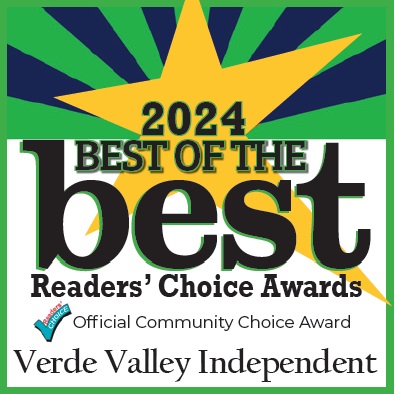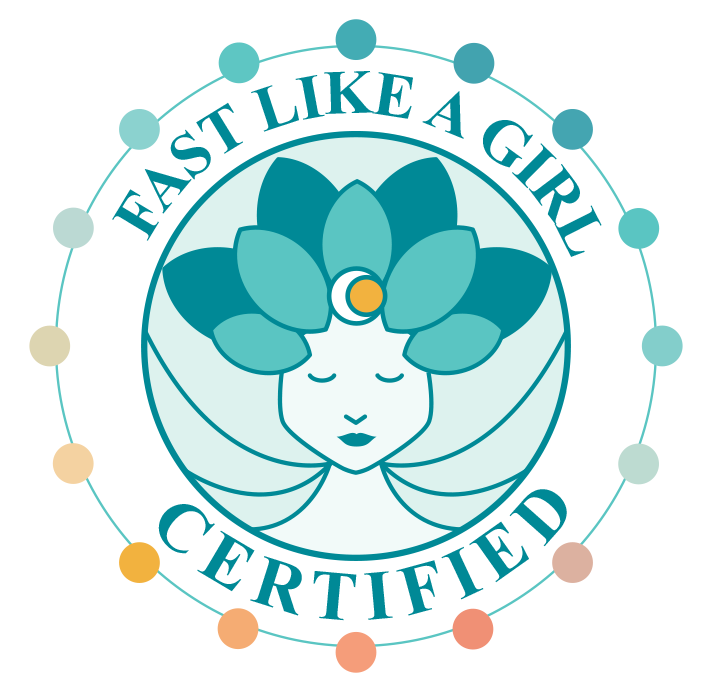6 Never-Fail Rules for Detecting When Experts are WRONG
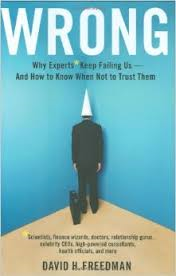 Does this title entice you, confuse you, or does it make your hair stand on end?
Does this title entice you, confuse you, or does it make your hair stand on end?
It does all of that for me, especially after reading the book “Wrong Why Experts Keep Failing Us – And How to Know When Not to Trust Them” by David H Freedman.
There is always a well-known solution to every human problem – neat, plausible, and wrong. – H.L. Mencken
Studies show that the human mind is attracted to wrongness, and expert communities make the individual experts worse for various reasons. Do you believe that?
What do we like?
Well, it seems most of us are attracted to advice which seems:
 Simple
Simple- Clear-cut: no qualifications to differing conditions, no pros and cons
- Doubt-free: full confidence
- Universal: not related to ethnicity, personality, experience, age, symptoms, finances, etc
- Upbeat: don’t hear that it cannot be fixed, or elusive, long-shot, difficult compromises, unpleasant to implement (Optimism bias)
- Actionable: not just explain things, what to do about it, control life
- Palatable: bias, belief, prejudices
- To give dramatic claims: raise our hopes, big positive changes
- A Story: compelling narrative, relate on personal level
- To give numbers:precision and authority
- To give retroactive fixes: whenever a traumatic event happens, we fixate on advice aimed at preventing it, even if little chance it will happen again
Why do we need advice?
 John Hardwig said it well for me:
John Hardwig said it well for me:
Recognizing that we’ll do better with expert advice than we will on our own is one thing, while figuring out who can be trusted as an expert is quite another. Unless we know how an expert came to his advice, we are in no position to determine whether the person is really an expert.
In life, we can’t be well informed, or even expert in all areas, so we depend on others for advice. It takes discernment and a gut feeling to know where to look for advice and who to trust. I am sharing some tips to help your discernment, and perhaps life experience will sharpen your intuition.
 And it is my goal to make my readers their own health advocate, to show the way how to evaluate the boatload of information we are exposed to, and help along critical thinking.
And it is my goal to make my readers their own health advocate, to show the way how to evaluate the boatload of information we are exposed to, and help along critical thinking.
“We are drowning in information while starving for wisdom. The world henceforth will be run by synthesizers, people able to put together the right information at the right time, think critically about it and make important choices wisely” – E O Wilson (evolutionary biologist)
Why Can’t Experts Be Trusted?
The author, David H Freedman sums it up on pages 214 – 215:
Public experts are . . . trying to forge insights into matters that have never been clearly understood, or in some cases well characterized, and for that all we know are of such complexity that the right answer won’t be known for hundreds of years, if ever, if indeed there really can be said to be a right answer at all, and they must depend for guidance in this daunting quest on information that is almost always mis-measured, biased, incomplete, or otherwise misleading. What’s more, they face this challenge knowing that should they manage to come to a correct conclusion, they might not be acknowledged or rewarded for it, and might even be penalized, should the conclusion be considered boring, or unappealing, or improbable, or threatening in some way to other, influential experts or to communities of experts.
It is appropriate to have a level of wariness with regard to any expert pronouncement.
What to look out for?
Typical characteristics of less trustworthy expert advice include:
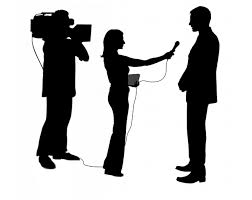 Simplistic, universal, definitive
Simplistic, universal, definitive- If it is supported by only a single study, or many small or less careful ones, or animal studies
- It’s “groundbreaking“
- It’s pushed by people or organizations that stand to benefit from its acceptance
- Its geared toward preventing a future occurence of a prominent recent failure or crisis
Characteristics of expert advice we should ignore:
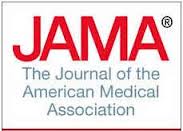 It’s mildly resonant – fits in with our world view
It’s mildly resonant – fits in with our world view- It’s provocative – we’re tickled by the surprise, and we’re so used to find out that what we are led to believe is wrong
- It gets a lot of positive attention – skillfully spun or promoted
- Other experts embrace it – put in perspective, are they following a fad?
- It appears in a prestigious journal
- It’s supported by a big, rigorous study
- The experts backing it boast impressive credentials – competence high, but also pressure to perform, freedom from close oversight
Then, what to look for?
Some characteristics of more trustworthy expert advice include:
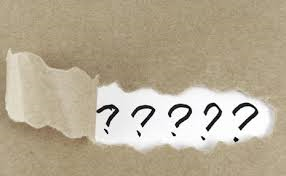 It doesn’t trip the other alarms
It doesn’t trip the other alarms- It’s a negative finding – significant bias towards dazzling positive findings
- It’s heavy on qualifying statements – question the reliability and applicability of expert findings
- It’s candid about refutational evidence – not toothless, mention more than study limitations
- It provides some context for the research – history of claims and counterclaims, previous studies
- It provides perspective – “What, if anything, does this mean for me?”
- It includes candid, blunt comments – drop talking points and say what they believe, like in longer articles, letters to the editor
Where does that leave me now?
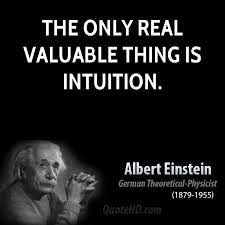 If you depend on the media for news about medicine, finance, business, or relationships, beware that you are getting a distortion of what good advice might be available. All the reasons are listed above.
If you depend on the media for news about medicine, finance, business, or relationships, beware that you are getting a distortion of what good advice might be available. All the reasons are listed above.
What makes matters worse is a hypothesis known as the Knowledge gap. It goes this way: As more information becomes available to more people, those who already are better educated and better informed are better able to take advantage of it, while everyone else becomes only more likely to drown in a sea of second-rate information.
I expect that most of my readers fit the profile of the better educated. So, see if the advice David Freedman fits for you, and sharpen your discernment.
In addition, trust your gut, your intuition and know that there is a perspective beyond right and wrong.
WANT TO USE THIS ARTICLE IN YOUR NEWSLETTER OR WEB SITE?
You can, as long as you include this complete blurb with it: “Naturopathic Physician Dr. Cheryl Kasdorf is a doctor who listens and has answers with a natural approach that works. She is known as the go-to person to get back your get-up-and-go when it is gone, gone, gone. Get your FREE gift “Dr. Kasdorf’s Health Secrets for Feeling & Looking Great” at drcherylkasdorf.com


